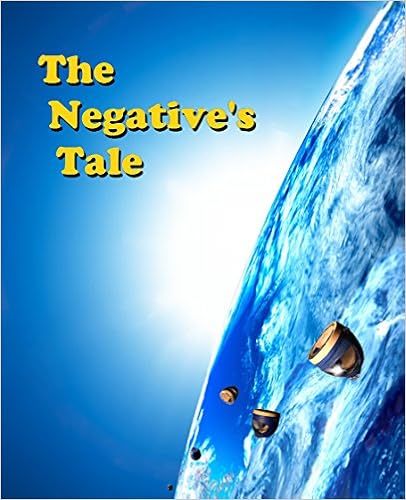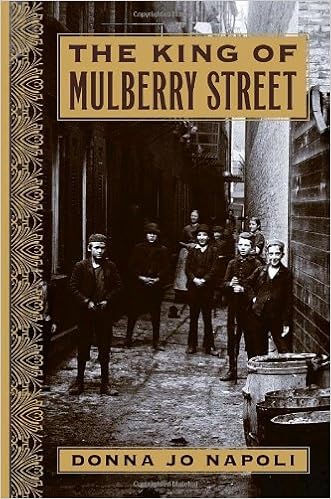 Subtitled: Planet of the – What?
Subtitled: Planet of the – What?As the planet Earth is dying, it appears that we've come full circle. We're again using beasts of burden for transport. However, these aren't earth hugging camels and mules, but space travelling “worm-moles” – so named because they bore worm holes to distant parts of the gallaxy. They're gigantic creatures, and they wear what would make up the rest of the space ship, like a collar. How were they discovered? Hold that question for the last and climactic chapter of the book.
The people best equipped to pilot a worm-mole are upper middle-aged women, dubbed “crones”. A part of the worm-mole's brain extends into the bridge deck like an easy-chair, and the “crone” sits naked in it as it engulfs her body, except for her face, so she can communicate with the creature through her skin.
Pots Khan-Anderson is a crone, who pilots Alpha Horizon – “Alphie” for short. Earth is dying, and the race is on to relocate as much of humanity as possible (or a chosen representation thereof) to three habitable planets in a different part of the galaxy. These planets are thought not to be already inhabited by intelligent life. The Alpha Horizon is taking the first load.
Something very surreal begins to happen along the way – in fact, very weird – which almost gives the story a fantasy edge. Then, when they arrive, they discover, they aren't alone. Another race, closely approximating humans, inhabits the planet – a primative tribe not much different from Native Americans (at least that's how they struck me as I read it). In fact, because of the surreal thing that happened along the way, they look more human than the newcomers.
There are a number of narrative points of view, each told in the third person. Each chapter is named for the POV. The first is Pots, followed by the commander, Gunner Dovmont, and then the teenager who is thought to be his son, Tyr Dovmont. Among later chapters are Ata, a pre-teen girl, a native of the planet.
Commander Gunner meditates on Taoist proverbs. Each chapter contains at least one quotation. Despite that, he's the villain. We find out early in the narrative what he intends to do about the native population – but not so early that telling you wouldn't be a spoiler. But from the first, we see that he and Pots definately don't get along. Since Pots isn't military personel – rather works directly for NASA, which has become privatised – that's okay. Montalbam, the captain of the Alpha Horizon is her boss. Commander Gunner's command is over the actual settlement on the new planet.
Tyre is a hybrid human, the product of an experiment that had to be aborted when the public found out about it. The other young subjects, believed not to be human, had to be put down. Gunner knew the doctor in charge of the project, and managed to keep Tyre for his own purposes. However, we soon find that Tyre, though a deadly weapon in the wrong hands (namely Gunner's), does have feelings and a mind of his own whenever he has control over his own actions.
Those who understand the history of Native Americans and the rise of the U.S., will get a lot out of this. While Gunner and his colleagues seek to avoid some of the same mistakes, things still go awry – human nature hasn't changed. There are the same questions: Whose land is it? How can we co-exist when earth-human survival is the priority? Plus a few more: Who are the fabled “people in the canyon”, whom the local tribesmen threaten will squash the newcomers like vermin if they infest the land? Are they no more than a local legend, or is there something more...? And that surreal effect I mentioned earlier...
Chance Maree handles her characters very well. One of my favourite scenes is the screening of The Planet of the Apes on the new colony. Things have happened, people are upset with each other for various reasons, and Chance masterfully plays two or three conversations at once while keeping us aware of what Charlton Heston is doing during the opening scenes of the film.
Over all, a good read. I give it five stars.










